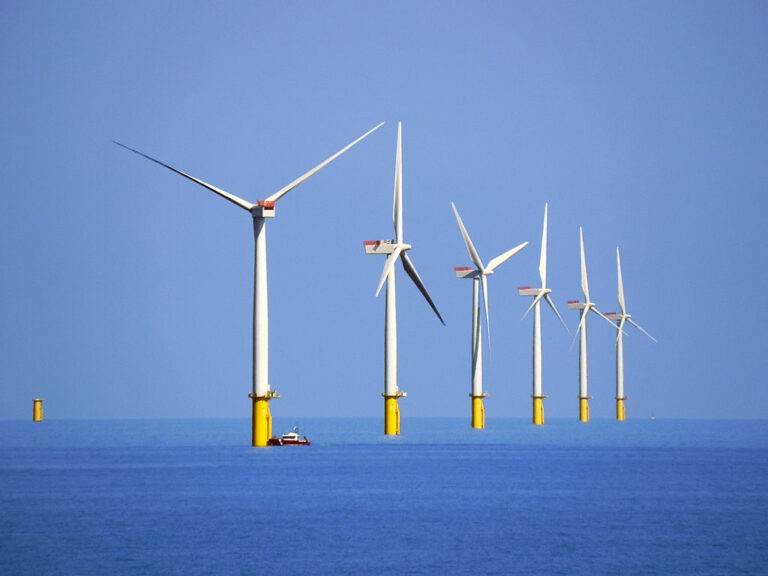‘How can UK plc capture its fair share of the economic potential of the energy transition?’

Download
Submission to the Energy Security and Net Zero Committee inquiry on industrial strategy for clean power
This report consists of a submission made in response to the inquiry by the Energy Security and Net Zero Committee on ‘Industrial Strategy for Clean Power: How can UK plc capture its fair share of the economic potential of the energy transition?’ which invited written evidence submissions between 5 and 14 February 2025. The Energy Security and Net Zero Committee is a Commons Select Committee which scrutinises the policy, spending and administration of the Department for Energy Security and Net Zero and its public bodies, including Ofgem and the Climate Change Committee.
Main messages
- Targeting policy support to a carefully selected set of priority areas across emerging or less developed clean energy technologies would help the UK to maximise economic and social returns. This prioritisation exercise should be informed by an assessment of the considered technologies’ potential contribution to growth, net zero and regionally balanced opportunities.
- The authors’ assessments point to carbon capture, usage and storage (CCUS) and offshore wind (including floating offshore wind) as technologies that have strong potential to contribute to these three objectives and they could therefore take priority within an industrial strategy for clean technologies. The UK also has comparative advantage in the innovation of electrolysers, certain types of heat pump, nuclear fusion and tidal stream energy, which can be built upon.
- The barriers and market failures hindering investment in selected priority areas should be properly understood and addressed. Policy and political uncertainty – both generally and specifically in the context of climate policy – is an important barrier that can undermine private sector confidence and slow down investment. An appreciation of this needs to be reflected in the Industrial Strategy.
- The Government’s emerging positions on a proposed third runway at Heathrow Airport and consents regarding the Rosebank and Jackdaw oil and gas fields risk leading to confusion about the direction of travel, undermining private sector confidence and slowing down investment in the clean transition. This creates a need for the Government to take all opportunities to restate its commitment to net zero as the only way to grow the economy in a sustainable way.
- Several levers could be pulled within the Contracts for Difference (CfD) scheme to help encourage greater domestic supply chain investment in the energy industry. Options include the expansion of the Clean Industry Bonus to further technologies if it is seen to be an effective tool for the initial technologies in its scope, and considering how the ringfencing approach could be better used to drive supply chain investment in emerging technologies.
- It is also important to take a step back and ask whether the CfD is the right mechanism to rely on regarding the supply chain question, where direct supply-side support for priority areas – for example, through the National Wealth Fund and GB Energy – could provide an alternative. Such an approach might drive faster and larger scale investments in supply chains, but its distributional implications would need to be considered carefully to ensure policy costs are passed on fairly.

